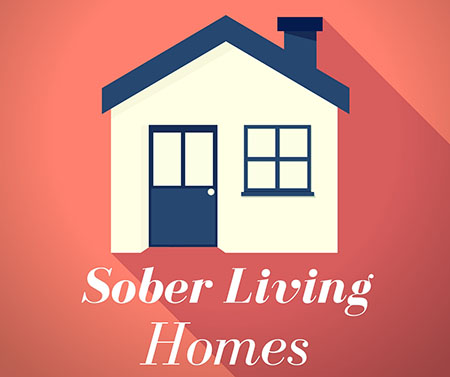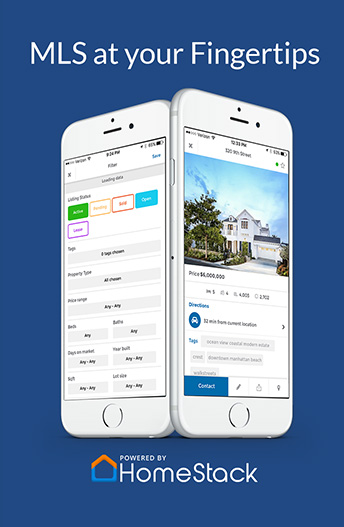 As Sacramento debates how to overhaul California’s fraud-ridden and poorly regulated addiction treatment industry, Orange County, the ground zero of the “Rehab Riviera,” has taken a homegrown approach to the problem.
As Sacramento debates how to overhaul California’s fraud-ridden and poorly regulated addiction treatment industry, Orange County, the ground zero of the “Rehab Riviera,” has taken a homegrown approach to the problem.
The D.A’s office formed a Sober Living Home Accountability Task Force last year on the heels of the Southern California News Group’s probe of deaths, sexual assaults, drug use, and paying-for-patients at recovery centers. Modeled loosely on similar efforts in Florida, the county task force has received 132 tips to its complaint line, has filed 12 cases against multiple defendants, and obtained four convictions to date.
On another front, a year after the OC Board of Supervisors approved a first-of-its-kind, publicly accessible, online Registry of Alcohol, Narcotic & Drug Abuse Programs. The system is in testing and expected to launch in October. The registry makes rehab-related businesses disclose their financial entanglements so consumers can spot potential conflicts of interest.
All recovery-related enterprises doing business in Orange County will have to disclose their corporate affiliates — sober living homes, blood- and urine-testing labs, pharmacies, real estate holding companies that manage rehab properties and the like. Failing to register honestly and completely would be a misdemeanor carrying fines of up to $1,000 and jail time of up to six months.
The registry is being developed by the OC Health Care Agency and it could eventually include hundreds of companies. Officials said the site is slated to be released to the public in early October. In June, Supervisor Donald Wagner asked staff to develop a sober living home law modeled after Costa Mesa’s, which sets zoning restrictions and has been upheld in federal court.
Orange County prosecutors and their task force have zeroed in on rehab businesses that overcharge insurance companies, often for services that are not provided or needed. The task force so far has taken down 2 sophisticated fraud networks. “By aggressively prosecuting cases, we’re making a significant impact on the prevalence of addiction treatment fraud and the victimization of vulnerable patients by unscrupulous operators” said District Attorney Todd Spitzer.
There are 7 members on the team: one analyst, two investigators, one supervising investigator, one paralegal, one full-time attorney assigned to handle these cases and one senior deputy district attorney who directs and advises.
The rehab registry is based on the model already in use statewide for operators of skilled nursing facilities. This action is designed just as a start to have the addiction treatment places provide information on affiliated businesses so, if any conflicts of interest exist, it’s out there. The registry will include each substance abuse center’s name, business address, and state license number. It will also list the identity of each owner, director, partner, and officer; the identity of each affiliated business and facility; and the addresses, details of services provided and accepted methods of payment for each location.
In 2005, California empowered counties with authority to create registries of addiction providers. To date, no other county has acted on it. Sober living homes, that don’t offer medical treatment, fly beneath the legal radar, as addiction is protected under federal disability and housing laws. Currently, there is little oversight of the industry. “Over the past decade, bad actors have been using Americans with Disabilities Act and the Fair Housing Act to hide their exploitation of the very people that these laws were meant to protect.”
Source: Orange County Register


